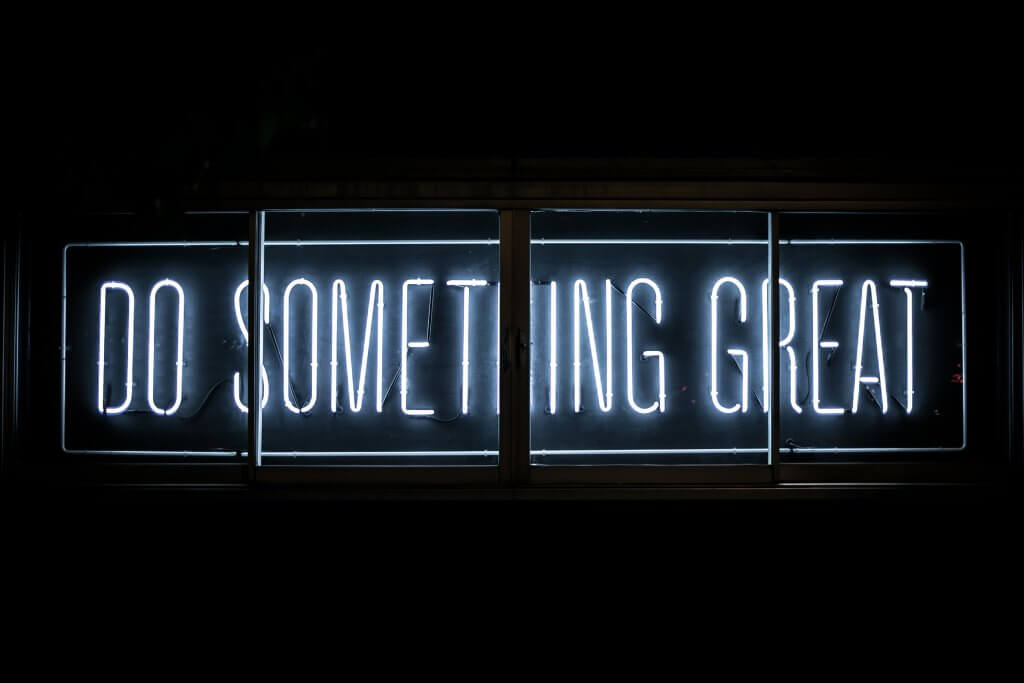Moral Capitalism or Corporate Social Responsibility
So what is moral capitalism or corporate social responsibility I hear you ask? And what has it got to do with me and my business?
As a business mentor, consultant and non-executive Director. Not only do I work with commercial businesses I also work with the third sector (non-profit). I am also a Trustee of a Charity a Non-Executive Director and a steering committee member of a non-profit. (There is a list with links at the bottom of this article should you wish to support us.)
Daily I see the huge impact commercial business can have with a Corporate Social Responsibility (CSR) program in the not for profit sector. Whether it is lending out your skilled labour, gifting products and services or simply making donations. The results can be huge for both your business and the local community.
Note: CSR is not just about good PR.
I suppose I should really have started with a definition of the original terms. (For those of us who don’t know – by the way I had to Google at least one of them) So what is Moral Capitalism and Corporate Social Responsibility?
Moral Capitalism
Moral capitalism is based on reversing the shift from increasing shareholder profit. By refocusing economic activity towards the improvement of human lives and ensuring that nobody is left behind along the way – Harvard Independent
Just as ripples spread out when a single pebble is dropped into water, the actions of individuals can have far-reaching effects.”
~ Dalai Lama.
Corporate Social Responsibility
Corporate social responsibility (CSR) is a self-regulating business model that helps a company be socially accountable. To itself, its stakeholders, and the public. By practising corporate social responsibility companies can be conscious of the kind of impact they are having on all aspects of society. Including economic, social, and environmental. – Investopedia
As you can see both terms are of a similar aim. They both drive for social accountability of business, whether it is for the individual, economic, social or environmental good.
In my opinion, both moral capitalism and CSR should be considered no matter what the size of your business. Just because you are a one-man band doesn’t mean that you can avoid the impact your business has on your environment. Don’t just leave it to the BIG business.
According to the Reputation Institute, the UK lags behind the rest of the world with only two UK companies appear in the top 10. These are John Lewis Partnership and Rolls Royce in 4th and 5th place respectively. See the full list here: Let us see if we can change this before the next report.
An example of good practice in a small business.
This small businesses actions may not appear like much. But I am sure it makes a noticeable difference to the local society and environment.
The most important thing according to many CSR professionals is to give what you are good at
Telegraph
It is important to note that CSR is not just a paper-based exercise dreamed up in the boardroom as a public relations exercise. Then placed on the website for kudos. It should become part of your businesses daily life, it should emanate through everything you and your employees do.

Look to work with communities that matter to you and your employees.
Please don’t just choose one of the big national charities to support because it’s easy. (If you do please make sure it is because it’s the right choice for you and your business). Explore your local community, look for the places where you can make a difference. Where your skills are in need. Try local schools and colleges, Charities, Community Interest Companies and community groups.
Employee Engagement and Corporate Social Responsibility
The small to medium-sized business will be able to extend discussions about which groups and charities to support past the boardroom to include employees. By engaging the opinion of employees you will increase their engagement with the CSR scheme and therefore it’s potential for success.
It is also worth noting that a study by PWC found that 86% of millennial employees would consider leaving a company if its CSR values no longer matched their own. So by including them in the conversation, you should ensure that your business CSR values aline with your employees.
PWC
I would normally suggest that the self-employed include their family in the discussion around supporting local groups and charities.
According to the Reputation Institute, only two UK companies appear in the top 10 of their most trusted companies in the UK and these are John Lewis Partnership and Rolls Royce in 4th and 5th place respectively. Let us see if we can change this in the years to come.
Priority Call Me Back
The communities we support in Lancashire
- Community Assets Standing Tall – Bacup and Rossendale Valley, Lancashire.
- Reachout.Work – CIC – Clitheroe, Lancashire.
- Wildwood Days CIC – Brinscall Woods, Lancashire.
Photo by William White on Unsplash

